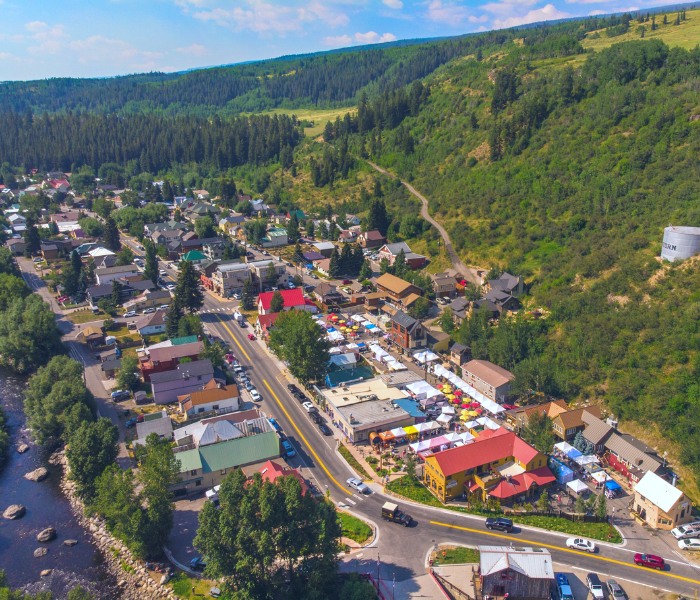Residents of Eagle County, Colorado may soon face higher property taxes if voters approve a proposal put forth by the Eagle River Fire Protection District in the upcoming May 2 election. The proposed tax increase aims to raise around $2 million annually to fund equipment and maintenance needs, including facility upkeep, in the Eagle River Valley. Despite a projected 70% increase in assessed property values in the county, the Fire Protection District cannot rely on corresponding property tax hikes due to a 2012 ballot issue known as 5A.
That imposes a cap on property tax collection equal to 2010 revenue plus growth and inflation. This means that even as property values rise, the district will not see a corresponding increase in revenue. You may ask why going that much back to 2010, and there’s an explanation for that. The ballot issue was enacted after a severe economic downturn in 2009 led to a significant drop in property values. The intention was to be fiscally responsible and plan for a future rebound in property values.
How the Real Estate Property Taxes Will Be Collected in Eagle County, Colorado
If the proposed tax increase is approved, the caps imposed by the 2012 ballot issue will remain in effect. The Eagle County School District already takes a significant share of property tax dollars in the Eagle River Valley. However, Michelle Stecher, president of the Eagle County School District Board of Education, has confirmed that taxpayers will not see a large increase from the district. That’s good news, right?

Funding for school districts is set by the Colorado Legislature through the School Finance Act, which adjusts the formula every year. Local mill levies are capped by state law and include property taxes, specific ownership taxes, and state equalization funds. While property taxpayers may shoulder a larger share of the funding burden, the state formula’s total funding for the district for this year is $71.6 million, expected to remain similar in 2024.
Based on previous approved ballot measures, the district may have to lower its mill levy, or property tax rate, to generate the same amount of revenue. Ultimately, it remains to be seen whether the proposed tax increase will be approved by voters and how it will impact the county’s residents in the years to come.
Thinking About Moving to Eagle County? Here’s How Much You’ll Pay in Property Taxes
If you’re thinking of moving to Eagle County, Colorado, you might want to take note of the property taxes you’ll be paying. According to recent data, the median property tax for a home worth $530,900 is $2,205 per year. That’s around 0.42% of the property’s assessed fair market value.
Surprisingly, Eagle County has one of the highest median property taxes in the whole United States. It’s actually ranked 358th out of 3143 counties in terms of median property taxes! So, it’s definitely something to keep in mind when deciding whether or not to invest in real estate in the area.
For Eagle County residents, property taxes amount to about 2.57% of their yearly income on average. This puts the county at 906th place out of the 3143 counties for property taxes as a percentage of Thinking About Moving to Eagle County? Here’s How Much You’ll Pay in Property Taxes.
If you want to know more about the real estate property taxes collection in Eagle Count, Colorado, you could check the authority’s official website here.